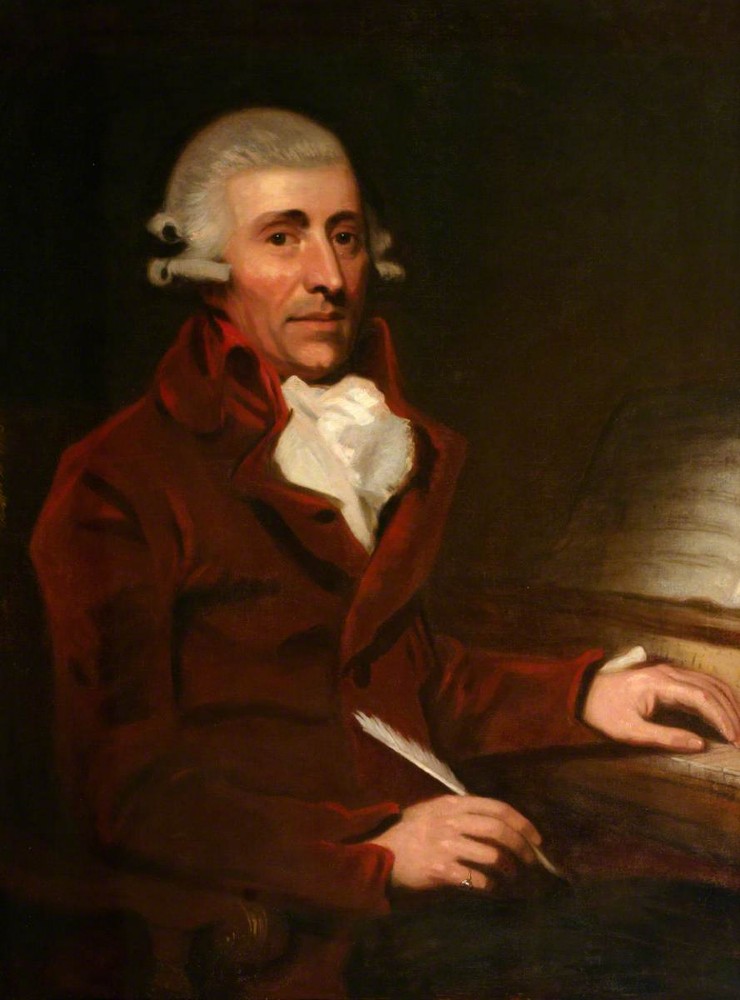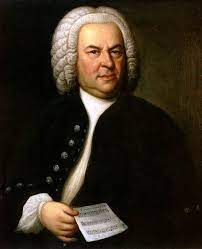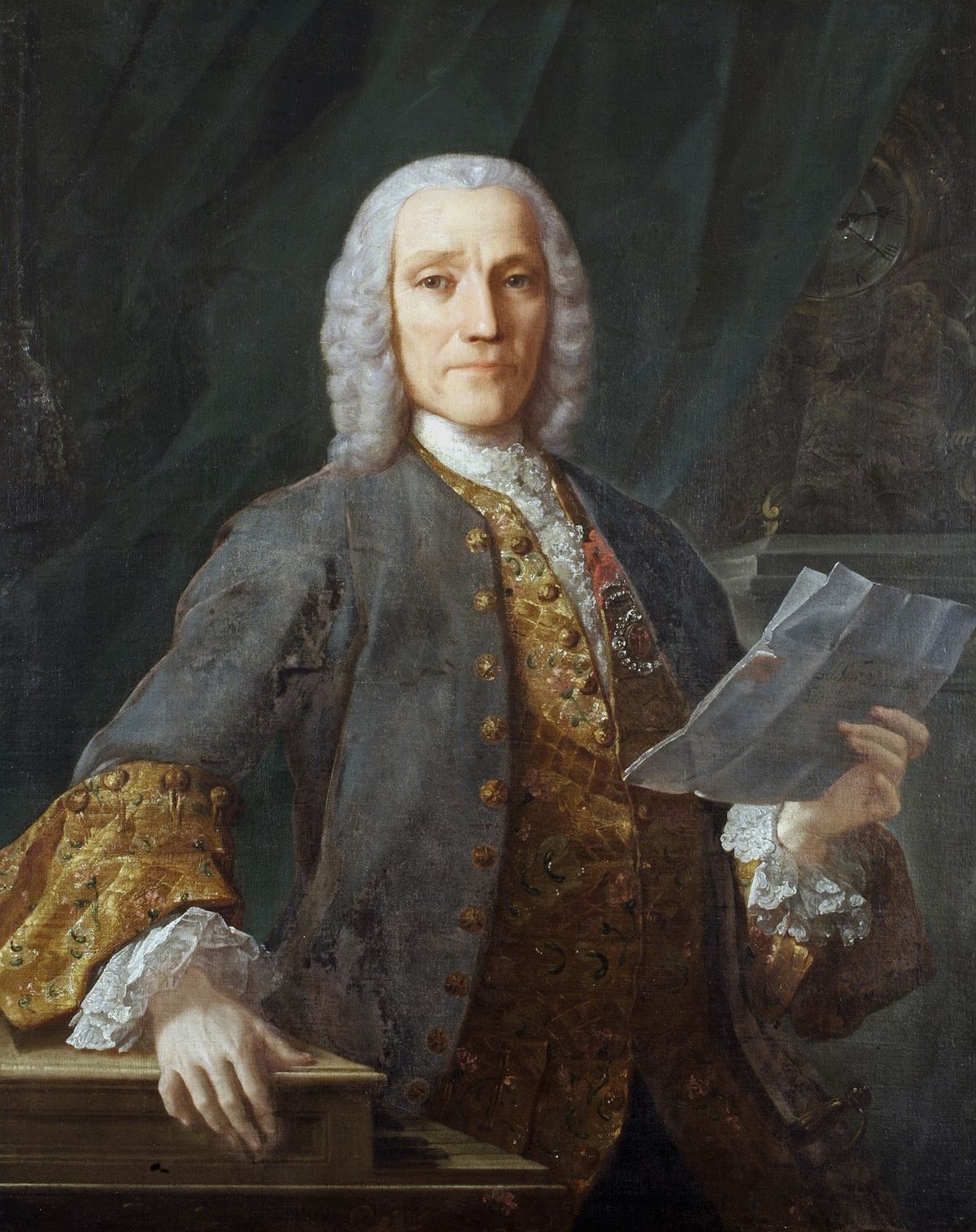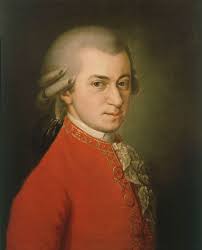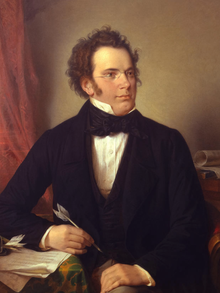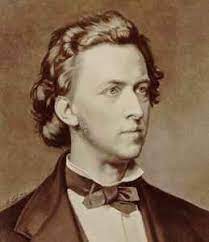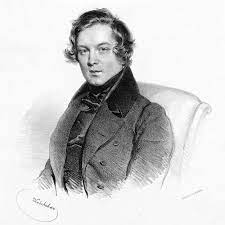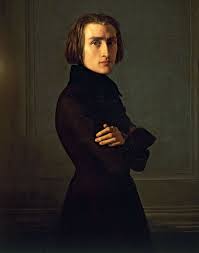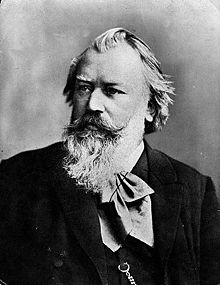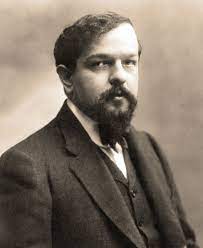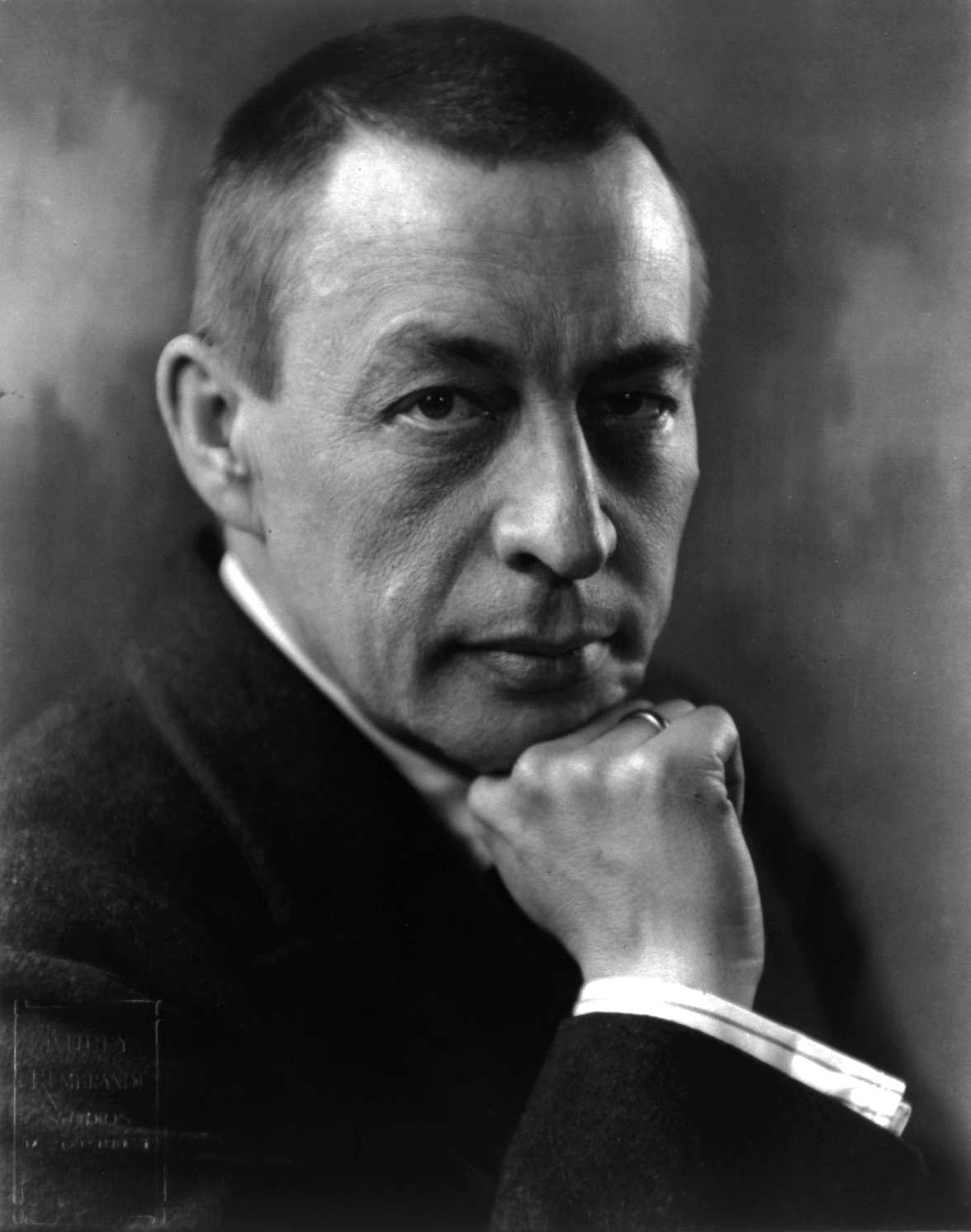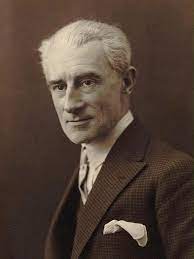Haydn grew up in a musical family and showed early aptitude for music. He received his musical education as a choirboy at St. Stephen's Cathedral in Vienna and later worked as a freelance musician, composer, and music teacher. His early compositions were influenced by the Baroque style, but he gradually developed his own unique musical voice.
Major Works
- Symphony No. 94 in G Major ("Surprise")
- String Quartet Op. 76, No. 3 in C Major ("Emperor")
- Oratorio "The Creation"
- Piano Sonata No. 59 in E-flat Major ("The Hunt")
- Mass in Time of War (Paukenmesse)
- Symphony No. 101 in D Major ("The Clock")
- Trumpet Concerto in E-flat Major
Revolutionizing of The Classical Era
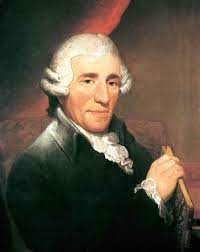
Haydn's contributions to music and his teachings had a significant impact on the development of the classical era. One of his revolutionary contributions was his development and popularization of the symphony as a musical form. He expanded the classical symphony from a simple three-movement structure to a more complex four-movement form, with a fast-slow-minuet-fast sequence that became the standard for symphonic writing. This allowed for greater expressive possibilities and formal flexibility in symphonic composition. Haydn also made significant advancements in chamber music, particularly in the string quartet genre. He elevated the status of the string quartet from a simple entertainment form to a highly regarded and intellectually challenging genre. His mastery of form, melodic invention, and harmonic language in his string quartets set a new standard for chamber music composition, influencing composers such as Mozart and Beethoven. In addition to his compositional innovations, Haydn was also known for his pedagogical efforts. He served as a mentor and teacher to many aspiring musicians, including Mozart and Beethoven. His emphasis on structural clarity, formal organization, and attention to detail in his compositions served as a model for his students and helped to establish the classical style as the dominant musical language of the time.
Personal Life
Haydn's personal life was marked by his devotion to music and his dedication to his craft. He was known for his disciplined work ethic and his unwavering commitment to composing and teaching. Despite his success as a composer, Haydn faced financial challenges throughout his life, particularly in his early years. However, his perseverance and talent eventually gained him recognition and patronage from influential nobility, which provided him with more stability and opportunities to compose.
Legacy
Haydn's legacy as a composer and musician is immense. His contributions to the symphony, string quartet, and other musical genres transformed the landscape of classical music and laid the foundation for the development of the classical style. His compositions continue to be performed and studied by musicians and scholars worldwide. Haydn's influence can be heard in the works of countless composers who followed him, including Mozart, Beethoven, and many others. His innovations in form, harmony, and structure continue to shape the way music is composed and appreciated today, making him one of the most important figures in the history of Western classical music.
The Death
Haydn died on May 31, 1809, at the age of 77, in Vienna, Austria. He had been suffering from health issues for some time, including a long-standing illness that affected his respiratory system. Despite his declining health, Haydn continued to compose and remained active in his musical pursuits until his death. His passing marked the end of an era in classical music, as he was considered one of the most prominent composers of his time. His death was mourned by many in the music community, and his legacy as a pioneering composer and influential teacher continues to be celebrated and remembered to this day.
